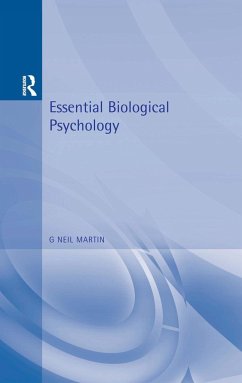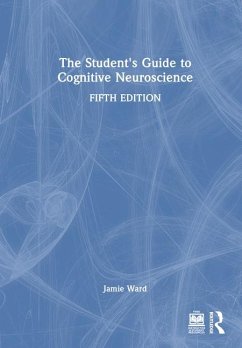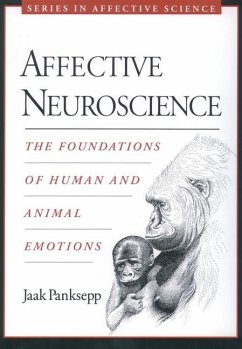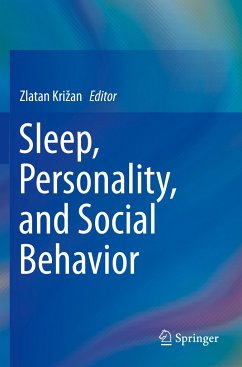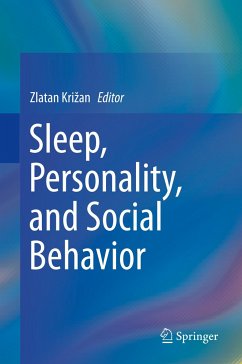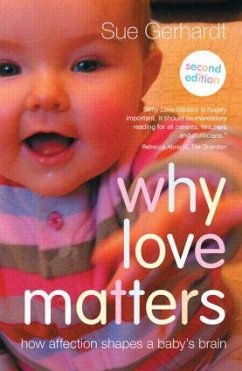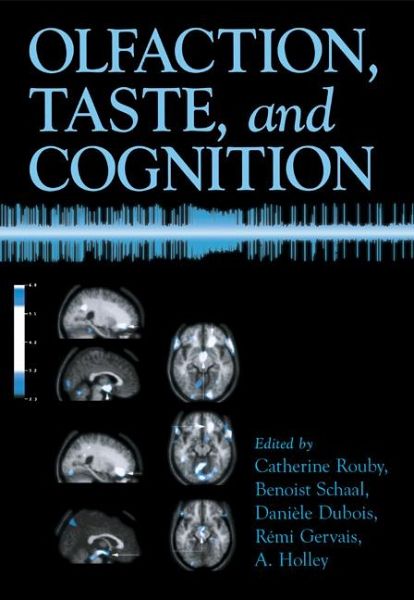
Olfaction, Taste, and Cognition
Versandkostenfrei!
Versandfertig in 1-2 Wochen
71,99 €
inkl. MwSt.
Weitere Ausgaben:

PAYBACK Punkte
36 °P sammeln!
The human organs of perception are constantly bombarded with chemicals from the environment. Our bodies have in turn developed complex processing systems, which manifest themselves in our emotions, memory, and language. Yet the available data on the high order cognitive implications of taste and smell are scattered among journals in many fields, with no single source synthesizing the large body of knowledge, much of which has appeared in the last decade. This book presents the first multidisciplinary synthesis of the literature in olfactory and gustatory cognition. Leading experts have written...
The human organs of perception are constantly bombarded with chemicals from the environment. Our bodies have in turn developed complex processing systems, which manifest themselves in our emotions, memory, and language. Yet the available data on the high order cognitive implications of taste and smell are scattered among journals in many fields, with no single source synthesizing the large body of knowledge, much of which has appeared in the last decade. This book presents the first multidisciplinary synthesis of the literature in olfactory and gustatory cognition. Leading experts have written chapters on many facets of taste and smell, including odor memory, cortical representations, psychophysics and functional imaging studies, genetic variation in taste, and the hedonistic dimensions of odors. The approach is integrative, combining perspectives from neuroscience, psychology, anthropology, philosophy, and linguistics, and is appropriate for students and researchers in all of these areas who seek an authoritative reference on olfaction, taste, and cognition.






